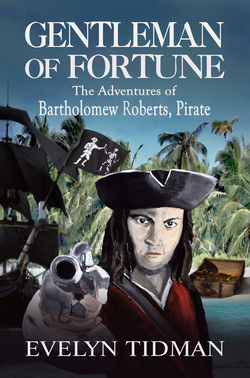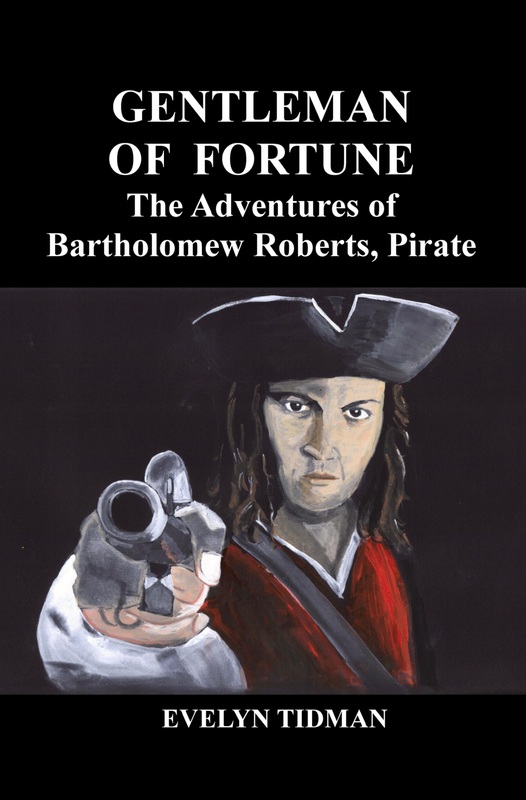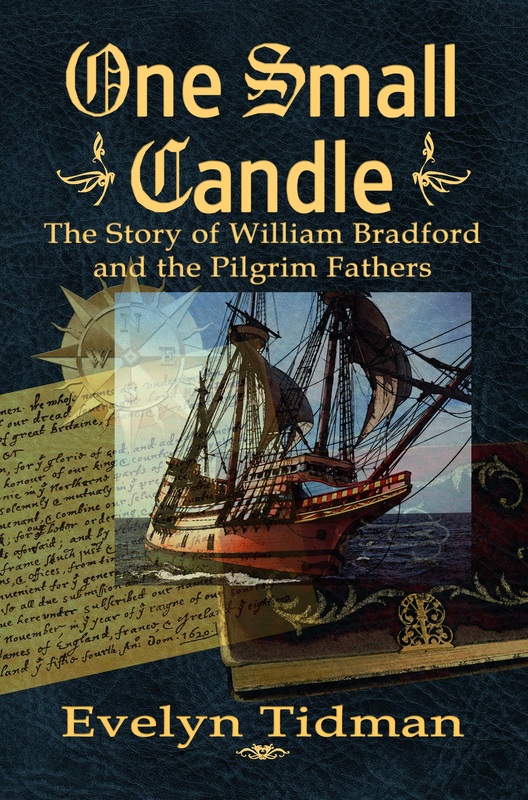| All pirates had laws or 'articles' governing their life. Without laws, they would have been ineffectual as pirates, since the natural state would have been anarchy. The quartermaster saw to the every day running of company, while the sailing master, and boatswain (bo'sun) worked out the watches, and the different jobs for the men on board. The quartermaster and cook had the job of making sure that there was enough food, and rationing food and water if necessary. The quartermaster was also the first one on board a prize ship, and if the ship was to continue in company with the pirates for any length of time, he would be the officer commanding the prize ship. Any punishment incurred by the crew would be decided by the quartermaster who would see that it was carried out. So what did the captain do? He had to be a first-class navigator; the sailing master, also a navigator, had to follow his directions, and wrote every half an hour on a board any changes in direction however slight, which the captain then would take into consideration for his calculations. The captain also gave the orders during action. While he might consult with his 'officers or 'Lords', he made the decisions. Anyone who did not follow his orders promptly during action could be punished with death. 'Action' was anything from chasing a ship and fighting, to having a captured ship and prisoners with the company. So just what were the articles? The articles for the crew of Bartholomew Roberts as far as we know are given below, as set out by Captain Charles Johnson: 1. Every man has a vote in affairs of moment; has equal title to the fresh provisions or strong liquors, at any time seized and use them at pleasure unless a scarcity make it necessary, for the good of all, to vote a retrenchment. 2. Every man to be called fairly in turn, by list, on board of prizes, because (over and above their proper share,) they there on these occasions allowed a shift of cloaths: but if they defrauded the company to the value of a dollar, in plate, jewels or money, marooning was their punishment. 3. No person to game at cards or dice for money. 4. The lights and candles to be put out at eight o'clock at night. If any of the crew after that hour still remained inclined for drinking, they were to do it on the open Deck. 5. To keep their piece, pistols, and cutlass clean, and fit for service. 6. No boy or woman to be allowed among them. If any man were found seducing any of the latter sex, and carried her to sea, disguised, he was to suffer death. 7. To desert the ship, or their quarters in battle, was punished with death or marooning. 8. No striking one another on board, but every man's quarrels to be ended on shore, at sword and pistol thus: The quartermaster of the ship, when the parties will not come to any reconciliation, accompanies them on shore with what assistance he thinks proper and turns the disputants back to back, at so many paces distance. At the word of command they turn and fire immediately, (or else the piece is knocked out of their hands). If both miss they come to their cutlasses, and then he is declared victor who draws the first blood. 9. No man to talk of breaking up their way of living till each had shared a 1000 pounds. If in order to this, any man should lose a limb or become a cripple in their service, he was to have 800 dollar, out of the publick stock, and fo lesser hurts, proportionately. 10. The captain and quartermaster to receive two shares of a prize; the master, boatswain and ginner, one share and a half, and other officers, one and a quarter. 11. The musicians to have rest on the sabbath day, but the other six days and nights none without special favour. Regarding the last, there were musicians on board who would play for the entertainment of the officers and crew, and the drummers beat to quarters in times of battle, while to frighten potential 'prey' the trumpeters would blast, or the drums would beat rhythmically. The pirates did not keep a sabbath - but everyone deserved a day off occasionally! To bring a woman aboard for seduction could cause much dissension among the crew. If they took a woman prisoner they immediately posted a guard over her to protect her from the rest of the crew. Naturally, the 'guard' demanded 'payment' . . . Every man in the company had to sign the articles, after swearing on the Bible to keep them. They were read out to them on joining, and so there was no excuse for them not to know. The original 'articles' were thrown overboard during the battle with the navy, but Captain Johnson, who may well have been Daniel Defoe, had the opportunity to interview some of Roberts' crew, and these are as much as he could glean. |
|
1 Comment
|
AuthorEvelyn Tidman, the author of REBELLION, Roger L'Estrange and the Kent Petition, the second in the Roger L'Estrange series; FOR THE KING, Roger L'Estrange and the Siege of King's Lynn, the first in the Roger L'Estrange series based on a true story of the English Civil War, GENTLEMAN OF FORTUNE, The Adventures of Bartholomew Roberts, Pirate. a historical swashbuckling romance; and ONE SMALL CANDLE The Story of William Bradford and the Pilgrim Fathers. All based on true stories. Archives
September 2016
Categories
All

|

 RSS Feed
RSS Feed


